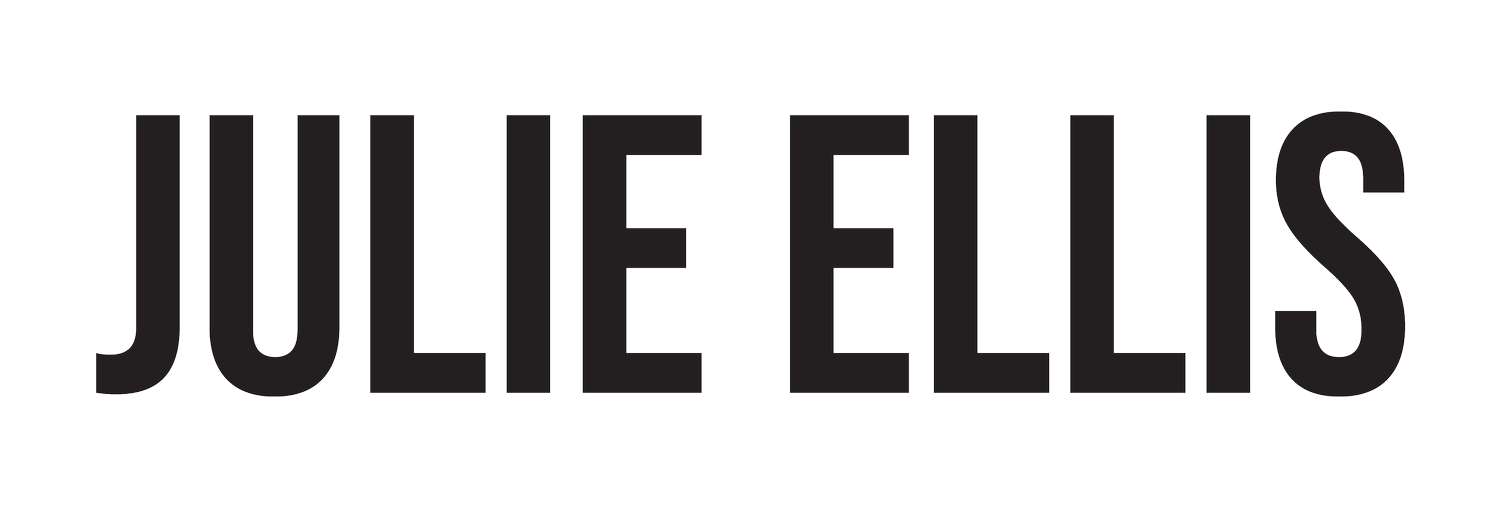Letting Go is the Hardest Part
Scaling up your business is a roller coaster of a journey, that brings both challenges and opportunities. Many of us find ourselves constrained by our own habits and mindsets on the journey. What was beneficial in the early days of any company may not last as you grow and face changes. Today, let’s dig into some of the things we need to let go of, as we ride the roller coaster up the path to scale.
The Perfectionism Trap
It’s so easy to fall into the mindset that it’s easier to do it ourselves. That it will get done once and get done right the first time.
On one hand, this can lead to high-quality outputs. On the other, it will become a significant bottleneck in your business.
Perfectionism can delay the release of products and services as you wait for everything to be just right. End result? Missed opportunities and slow progress. Instead of aiming for perfection, aim for excellence and continuous improvement. We all need to accept that "good enough" is often enough to move forward, and we can refine our offerings based on feedback and real-world use. The key is to get product into the hands of customers, learn from their experiences, and iterate.
Doing Everything Yourself
In the early days, entrepreneurs wear multiple hats, from product development to marketing to customer service. While this can be manageable at the beginning, it becomes unsustainable as your business grows. Trying to do everything yourself can lead to burnout and prevent your business from reaching its full potential.
Delegation is crucial. Hiring the right people, who can take on tasks that are not what you are best at. Trust your team to handle their responsibilities and empower them to make decisions. This not only frees up time to focus on strategic growth but also fosters a culture of ownership and accountability within your team.
The Pitfalls of Micromanagement
Micromanagement is closely related to doing everything yourself and to perfectionism. It starts with a lack of trust in your team’s abilities and a fear of losing control. In the long term, micromanaging can stifle creativity, reduce efficiency, and demoralize your employees.
Start by hiring competent and trustworthy team members. Having a good hiring process and a clear understanding of what the duties of each role you hire for is a great start. Clearly communicate your expectations and provide the necessary resources and support. Then, step back and let your team do their jobs. Schedule regular check-ins so that you can understand the progress being made and help with easing any roadblocks that pop up.
Outgrowing Systems
The systems and processes that served you well as a small business might not be working as you scale. Outdated systems can lead to inefficiencies, errors, and frustration among the team.
Evaluating your systems and processes to ensure they can handle increased demand, and to start understanding how far they might take you is a great start. Making sure you invest in scalable solutions that streamline operations and enhance productivity. The goal is to build a solid infrastructure that supports sustainable growth. Finding outside help to determine what systems are right for you can be a big help – there are many choices out there and you need to find ones that work together.
Breaking Free from Old Ways
As businesses evolve, so do strategies and approaches. What worked in the past might not be effective anymore. Holding onto old ways of doing things can hinder innovation and limit your business’s potential. Even through it feels scary to step into the unknown, it’s important for the business, to keep it growing.
These changes require experimentation and new ideas. Ensuring that you are encouraging a culture of continuous improvement. Making sure your team knows their feedback is valued and their failures are learning opportunities. Working to remain flexible and adaptable and being aware of where you may resist are key points.
Letting go is not about abandoning your core values or vision but about evolving to meet the demands of a growing business. When we overcome perfectionism, delegate effectively, avoid micromanagement, upgrade systems, and stay open to new ways of doing things, we can create a more dynamic, resilient, and scalable business. Scaling is as much about mindset as it is about strategy. Embrace the journey of growth with an open mind and a willingness to let go of what no longer serves you.


